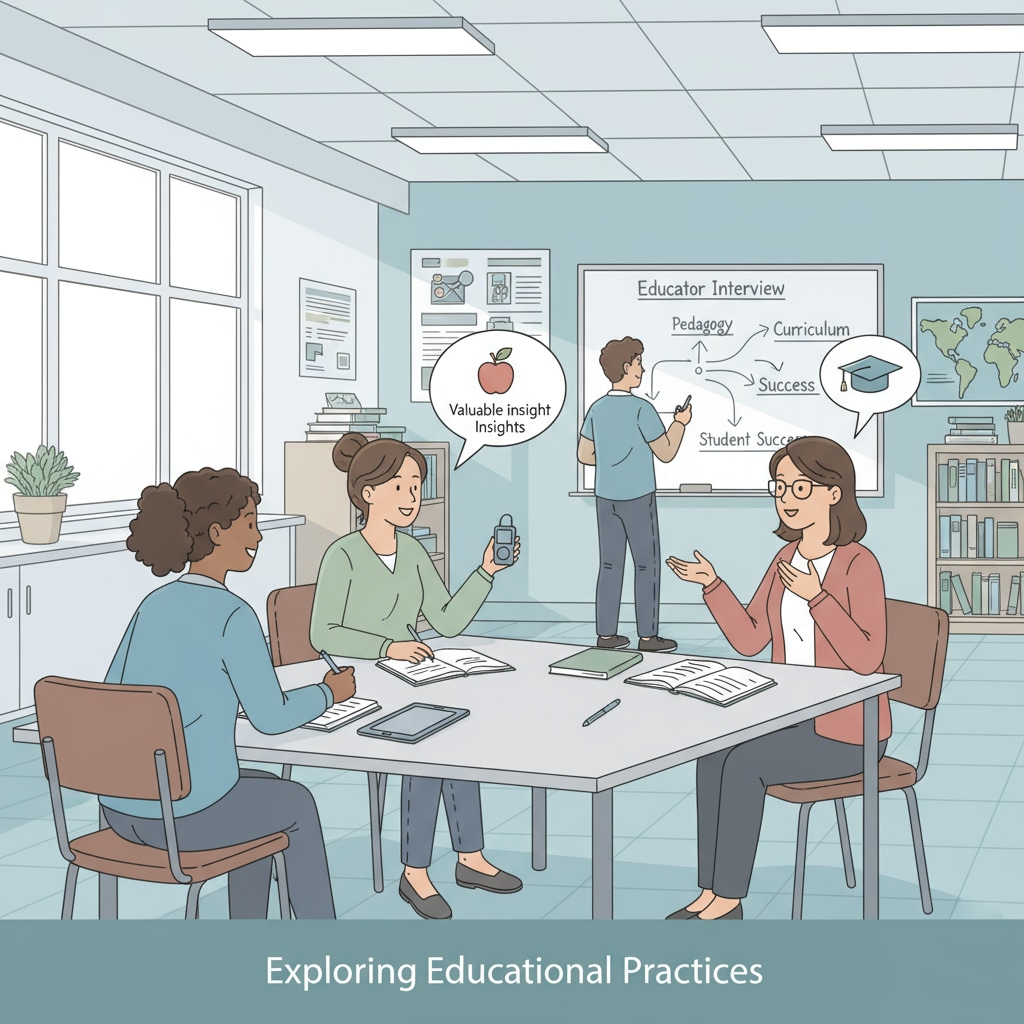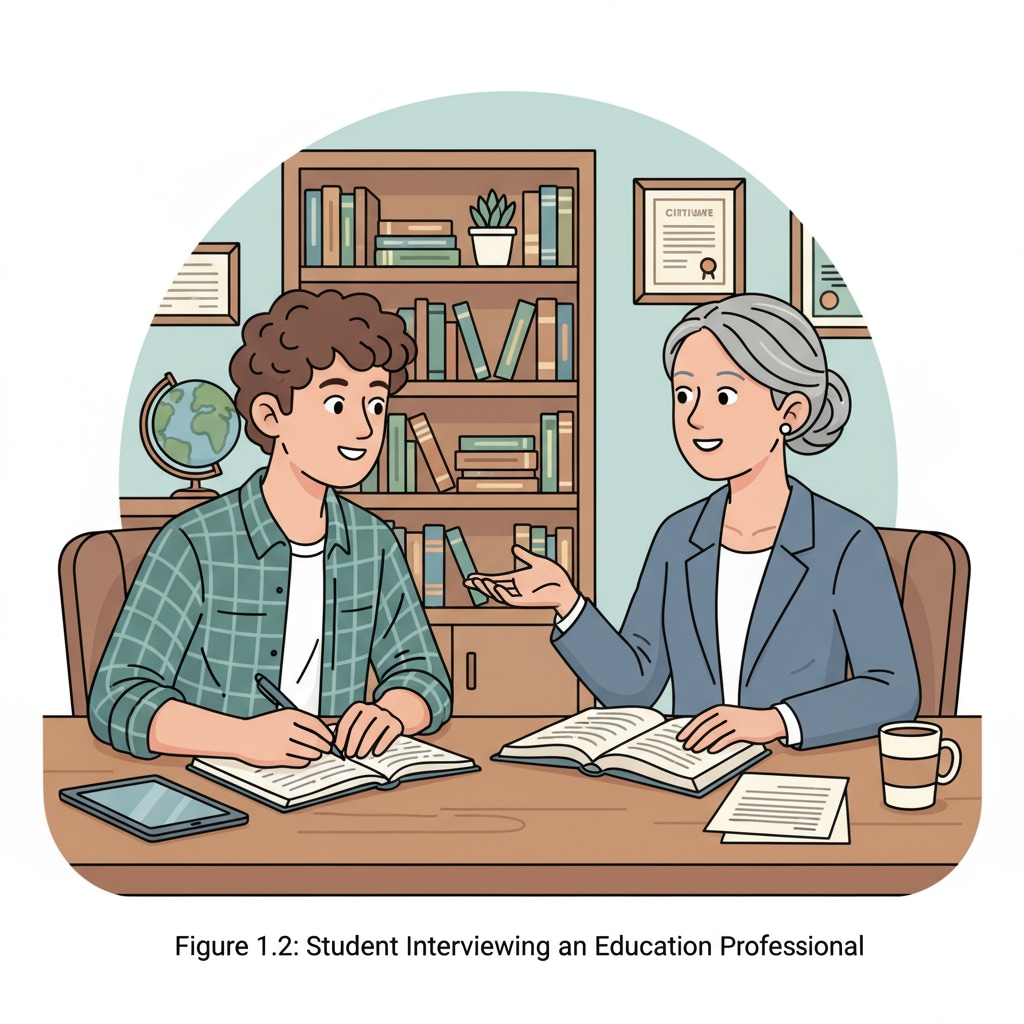University projects, urban education, and interviews are integral components of Hunter College’s urban education curriculum. This initiative aims to bridge the gap between theoretical knowledge and real-world educational practices by engaging students with professionals in New York’s education system.

The Importance of Connecting Theory and Practice
In urban education, it’s crucial to blend academic learning with practical experience. University students often study educational theories, but without real-world exposure, these concepts can remain abstract. Interviews with K12 educators from New York’s diverse school system provide a window into the daily challenges and triumphs of teaching. For example, students might learn about the latest teaching methods in a classroom, but through interviews, they can see how these methods are implemented in a multicultural urban environment. As a result, they gain a more comprehensive understanding of urban education.
Benefits for College Students
These interviews offer numerous advantages to college students. Firstly, they gain a realistic perspective on the education profession. Meeting with educators who are actively involved in shaping young minds gives students an idea of what to expect in their future careers. Secondly, students can expand their professional networks. Building relationships with K12 educators can open doors to internships, mentorship opportunities, and even future job prospects. Additionally, the insights shared by these educators can influence students’ research topics and academic projects, making their work more relevant to the field. Urban education on Wikipedia

The Role of K12 Educators
K12 educators also play a vital role in this process. They get the chance to share their expertise and experiences with the next generation of educators. By participating in these interviews, they contribute to the development of future teachers who will enter the education system. Moreover, it allows them to reflect on their own practices and potentially learn from the fresh perspectives of college students. This exchange of ideas can lead to innovation in teaching methods and educational strategies. Education on Britannica
In conclusion, the interviews within Hunter College’s urban education program are a powerful tool. They not only enhance the learning experience of college students but also strengthen the connection between different levels of the education system. Through these interactions, we can look forward to a future where urban education is more informed, innovative, and effective. University projects, urban education, and interviews work together to create a cycle of learning and growth that benefits everyone involved.
Readability guidance: The article uses short paragraphs to present clear ideas. Each section under the H2 headings provides key points. Passive voice is minimized, and transition words are used to enhance flow. The images are placed strategically to support the text and make the content more engaging.


